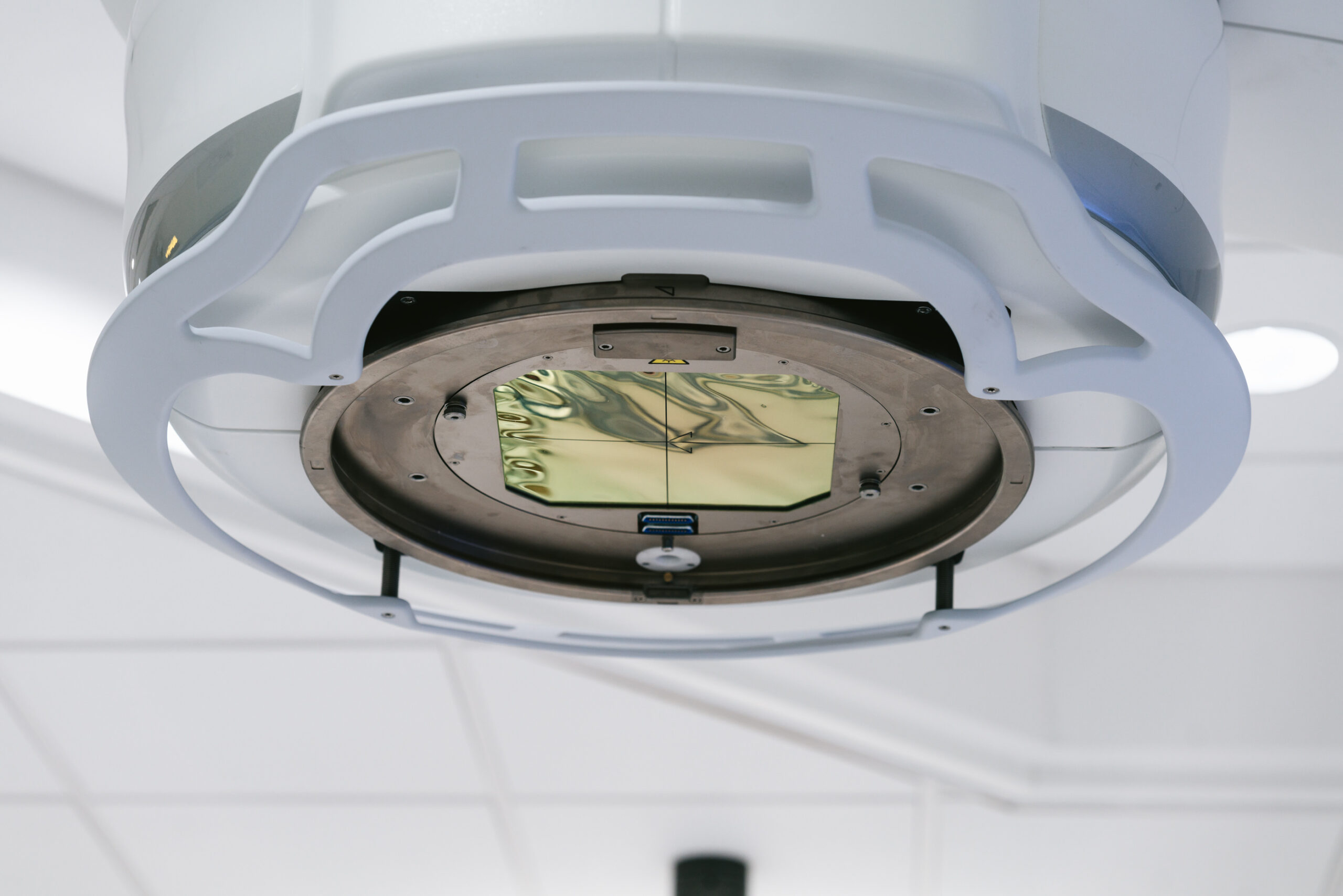
Last year, the first therapeutic radiography doctoral school opened in the UK at University College London, endorsed by the SCoR, as well as Cancer Research UK.
The project was led by two academic physicists, Professor Andrew Nisbet and Professor Gary Royle, who recognised the unique skills of radiographers and wanted to give them a platform into research.
“UCL has strong research groups in medicine, physics and engineering, but we have a gap in translating rapidly advancing technologies into evidenced-based benefit for patients,” said Professor Nisbet, head of the UCL Medical Physics and Biomedical Engineering department.
“Because therapeutic radiographers are patient-focused, they are ideally placed to do this research. We believe many radiographers are interested in research, and this programme can help them develop into very successful independent researchers.”
A growing number of radiographers are now starting to forge academic careers, including Dr Amy Hancock, a Therapeutic Radiographer, Senior Lecturer in Medical Imaging, at the University of Exeter.
Last year, Amy was part of a multidisciplinary team awarded £3.3m from the NIHR to fund the TOURIST trial focused on assessing the use of palliative radiotherapy and systemic therapies in the treatment of Stage IV Non-Small Cell Lung Cancer (NSCLC).
“Radiographer led research is definitely growing. It’s one of the four pillars of advanced practice so there is a requirement for us to be involved. Previously, there has been the perception that radiographers are only involved in clinical trials work, doing the practical aspects of research on behalf of someone else,” she said.
“But now there is an expectation and desire to lead our own research. There has always been research going on but often people did not feel it was worth publishing and sharing. It is important for people to publish and get their work out there at conferences.




